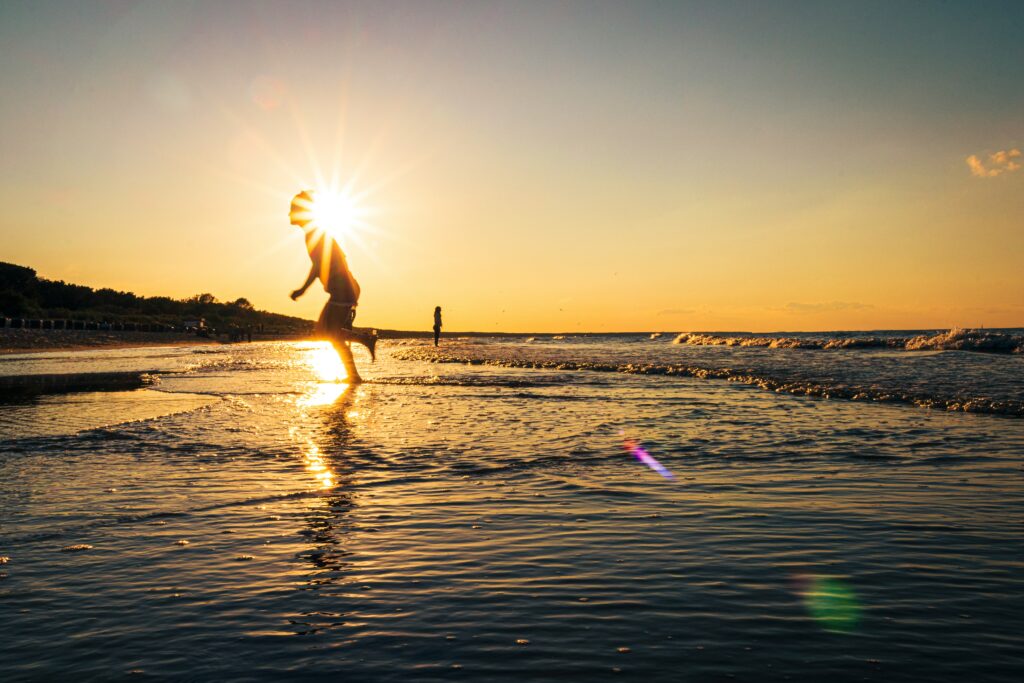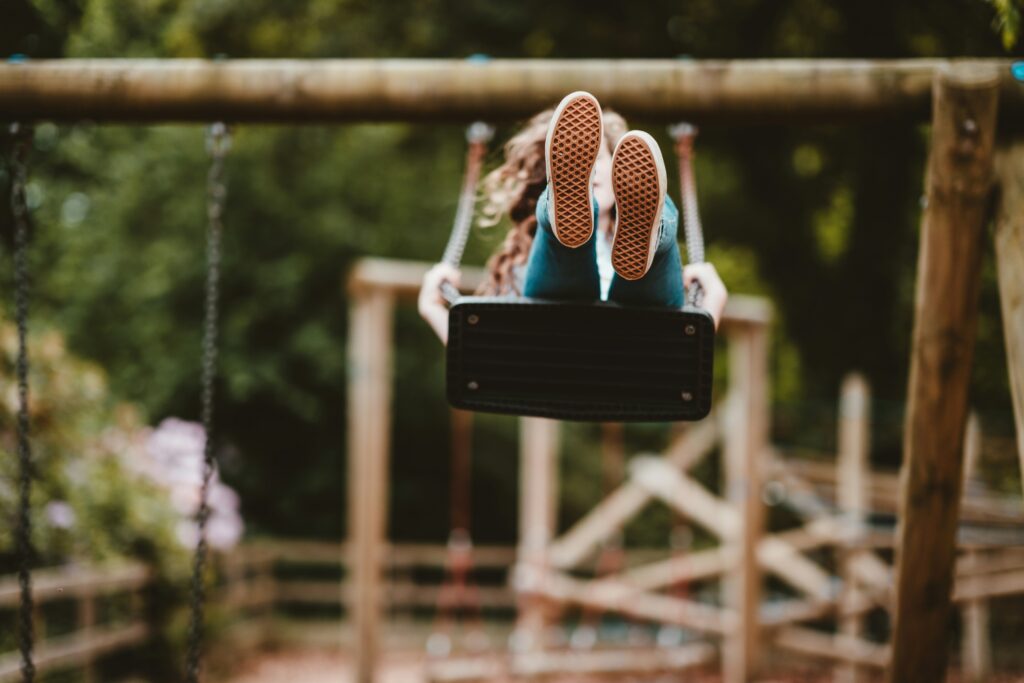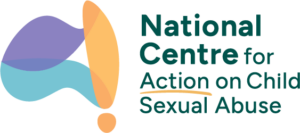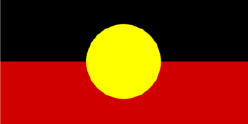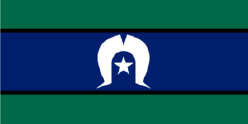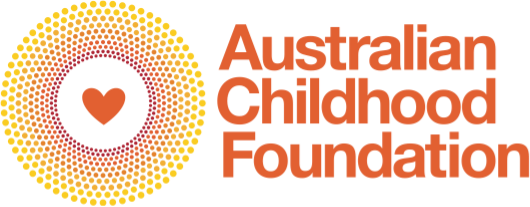In March, the National Centre hosted an important conversation about child sexual abuse and the impacts to and within the family system in our In Conversation webinar. Panellists, Tracey Basan, Lauren French, Kerinda Camilleri and Nadine McKillop reflected knowledge from academia, practice and lived experience, and discussed the complexities and challenges that arise when child sexual abuse occurs within a family.
In this blog, panellist Tracey Basan shares her experiences as a parent, in receiving and responding to her child’s disclosure and supporting her children through the impacts of child sexual abuse occurring in their family. Tracey’s story helps us to understand how sexual abuse can occur in families without detection, and the lifelong impacts sexual abuse can have on the family system.
Tracey Basan
In 2015, child sexual abuse was not on my radar. When I say it was not on my radar, I mean I was fully aware of stranger danger. I protected my children; they were not out of my sight in public places. The reality was painfully different: the danger to my children was not lurking around the public toilets or circling in a white van. The danger was hiding in my own home – the danger was the man that lay beside me in bed each night. The perpetrator was my husband, someone I deeply trusted and loved, the man who I believed was our family’s protector. He had been sexually abusing my daughter for the past two years.
Community misconceptions persistently focus on the myth of ‘stranger danger’, misleading parents to overlook the real and frequent risk within our own homes. Yet, statistics clearly demonstrate that child sexual abuse overwhelmingly occurs at the hands of someone known and trusted within the family. These statistics were not something I was aware of prior to my daughter’s disclosure and why I find it important to share my story.
My story began ten years ago when one Sunday evening my then 15-year-old daughter disclosed that she had been sexually abused by my husband, her stepfather. We had been married for 10 years and had a daughter together. We lived in the north-west suburbs of Sydney. I managed my own business, and he worked in the Defence Force. I had previously been married and had three children. I was a mum of four, two boys and two girls ranging from 8 to 19 years at the time of the disclosure.
The moment of disclosure was shattering and the impact on my family was devastating. The next morning the children kissed their father goodbye and went to school, not knowing they would never see him again. Instantly, our family was irrevocably changed. Rather than being supported through my grief, I was thrust into survival mode, forced to navigate our trauma largely alone. I was lucky enough to connect with an amazing psychologist that was able to hold space for me and my emotions. She was the one person I could rely on to have my back.
The long-term emotional, psychological and financial impacts for me have been profound and unending. Experiencing child sexual abuse within the family is soul-destroying – it fundamentally alters who you are and how you view the world. The experience is akin to grieving a death. In my case, I lost the love of my life, my confidant, supporter and protector – but instead of community-supported mourning, I felt isolated and confused. Reconciling the image of the loving husband I once knew with the unremorseful predator responsible for our devastation has taken years of therapy and self-care and at times remains a challenge.
The long-term impacts on each of my children have been significant and varied, shaped by their ages and development stages at the time of disclosure. Our youngest daughter struggles enormously with identity and loss, haunted by the absence of her father and burdened by the need for answers that will never come. My younger son grapples with anxiety around relationships and low self-esteem. My eldest son carries a deep-seated anger, wrestling with feelings of helplessness and grief. They both often turn to unhealthy coping mechanisms to manage their overwhelming emotions. The trauma has woven itself into their lives, immeasurably influencing their perceptions, decisions and sense of self-worth.
A critical lesson from my experience with criminal proceedings was realising how few children receive adult support to hold perpetrators accountable. Child sexual abuse cases in our courts have the lowest attrition rates, with only a fraction of cases resulting in the perpetrators receiving a jail sentence and this is only from cases that are reported. This heartbreaking reality motivates me to share my experience candidly to help other non-offending parents and children understand they are not alone. By speaking openly, I hope to foster a community where survivors and their families are seen, heard and validated and where support and understanding replace stigma and shame.
As a society, we must continue having these brave conversations openly and candidly. By confronting the uncomfortable truth about child sexual abuse within our families, we take essential steps towards change. Only then can we genuinely support survivors, hold perpetrators accountable, and break the silence surrounding child sexual abuse within the family system.
Hear more from Tracey Basan and fellow panellists Lauren French, Kerinda Camilleri and Nadine McKillop on our In Conversation webinar, “Child sexual abuse and the impacts to and within the family system”.
If you need support, please remember that help is available.
Lifeline Australia
13 11 14
SMS 0477 13 11 14
24/7 Crisis Support
13YARN
13 92 76
24/7 Aboriginal or Torres Strait Islander Crisis Support
1800RESPECT Australia
1800 737 732
24/7 Domestic Family and Sexual Violence Counselling Service
Blue Knot Foundation Helpline and Redress Support Service
1300 657 380
9am-5pm / 7 days
Kids Helpline
1800 55 1800
24/7 Kids, Teens and Young Adults Support Service
QLife
1800 184 527
3pm – midnight / 7 days
An LGBTIQ+ peer support and referral service for people in Australia
If you are in immediate danger phone 000

